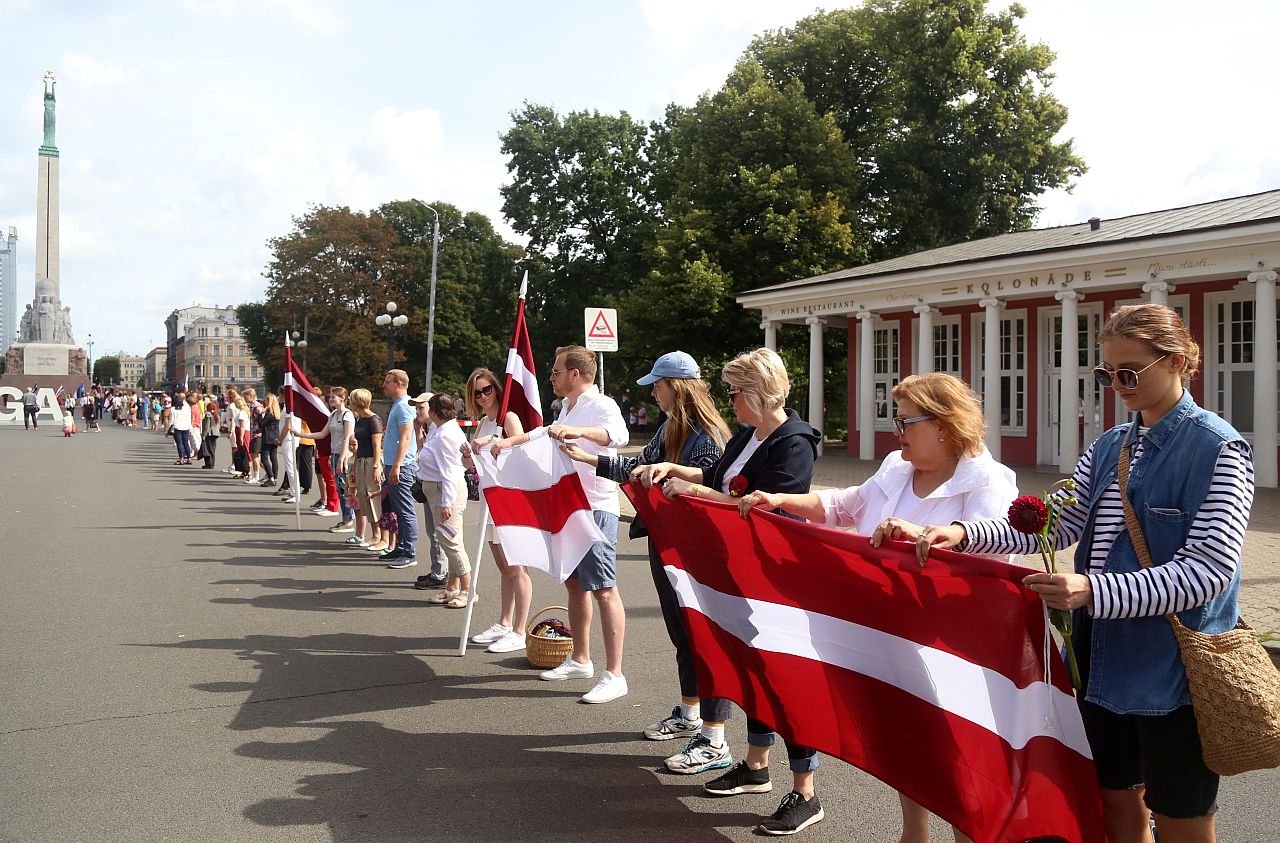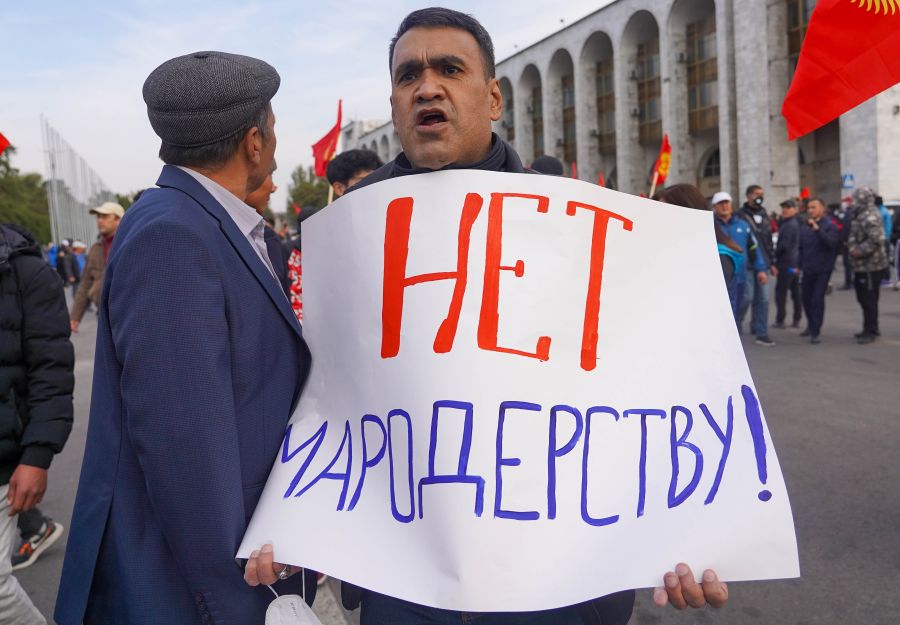The Belarusian Armed Forces: Structures, Capabilities, and Defence Relations with Russia
The Belarusian armed forces have limited capability. They are undermanned and mostly equipped with dated weapon systems. But as Russia’s only ally on its western border, Belarus would play a critical role in the event of a Russia-NATO conflict.
Read more



















